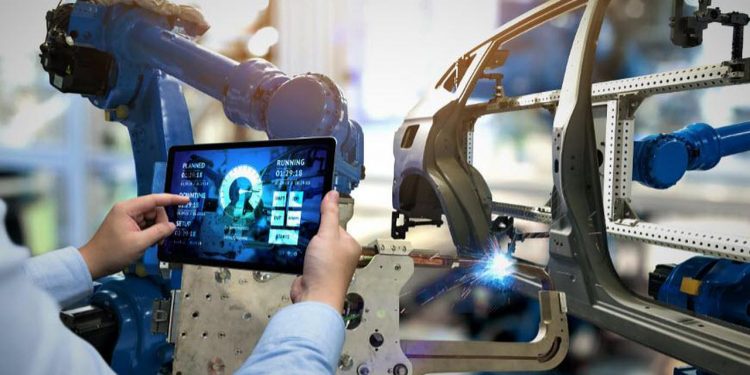Technology is a dominant force in any industry, including waste management. Recycling systems can take advantage of emerging innovations and current platforms to come up with a greener, sustainable process in collecting old equipment, gadgets and others.
Here are 4 major ways on how technology is making a huge, positive impact in the waste management sector.
Better Precious Metal Retrieval
Precious metals are used in gadgets, electronic devices and appliances to make them work. Iridium, palladium and platinum are just a few examples of metals that can be used in almost any industry, including the chemical and automotive sector. Newer processes such as plasma arc recycling have a higher chance of retrieving these metals by using hot plasma. Companies can then re-use existing metals instead of having to allocate resources to collect more.
Waste To Energy
It’s now possible to turn waste into usable energy. Objects that gather and stay in landfills can be harvested and turned into power for the recycling center’s machines and equipment. A prime example is the heat recovery industry system that uses heat generated by waste. Flue gas is collected and recycled and transferred back to the heat cycle.
Another example would be machines called “Digesters” can take waste and use the biogas produced by animal waste, agricultural leftovers, food, etc.
Newer Disposal And Collection Systems
Waste bins can now be fitted with sensors that alert waste management companies that the item is due for a pickup. Advanced screening processes and equipment can detect and segregate waste materials faster than ever. All of these advancements improve recycling rates and take away work consumers have to do, i.e., keeping plastics and food waste in separate containers, etc.
More Efficient Routes
Technology has helped waste management and recycling centers improve their efficiency with a well-planned route. Software is used to map out the best line that guides waste-collecting trucks in an area and reduces fuel usage, time and effort as well.













